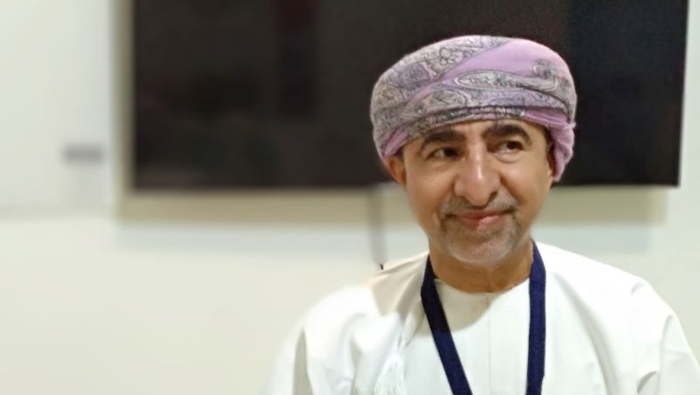
Muscat: The Arabian Livestock Company is offering to help firms set up fish farms that use a water-saving technique relatively new to the region.
The Re-circulating Aquaculture System (RAS) re-uses the same fresh water over and over again to farm fish inside a tank. Traditional fish farms require fresh water to flow in continuously. This is mainly because the fish consume all the oxygen and excrete in the water, rendering it unusable, mainly due to ammonia toxicity. However, the RAS technique uses de-nitrifying bacteria to clean the water.
The company hopes that the technique will gain popularity in Oman as it helps breed fish without wasting much water. RAS has a lot of takers in certain parts of the Middle East and North Africa.
Amjad Yunus, manager of the company’s fish farm in Barka that runs on RAS, said he was hopeful the method would find takers in the Sultanate. “This technique is some four years old. It is relevant to the region because it allows one to breed fish on a large scale while consuming as little water as possible. We are offering our expertise and material required for setting up RAS-based fish farms.”
“Our farm already produces 100 kilograms of fish everyday and we hope to scale it up to 500 kilograms at the end of the year. We farm tilapia because it’s a tough fish and can survive the harsh weather conditions in Oman,” Yunus added.
“We also grow vegetables using hydroponics (farming without using soil, but rather, nutrients in a water solvent). We grow vegetables in wood shavings and coco peat, instead of soil. We make our farms fertile by using additives in the water that we use. We harvest some one tonne of vegetables everyday. This includes cucumbers and tomatoes. What gives us an edge is that we are approved by the International Organisation for Standardisation (ISO),” said Yunus.
People wanting to set up farms should meet certain requirements, added Yunus. “If one wants to make a profit in, say, the next four to five years, then one has to invest at least $1 million and have a plot of 6,000 square metres or more.”
Positive outlook
The Company Director, Razaq Lawati, said fish farms were the future. “In the future, you’ll find that more fish is farmed and less of it is caught. So, fish farms provide food security.”
Lawati said there was a certain process one had to go through before setting up a farm. “We conduct a survey and observe the capabilities of the potential fish farm owner. The Agriculture and Fisheries Ministry, besides the Environment and Climate Affairs Ministry will also be involved,” he added.